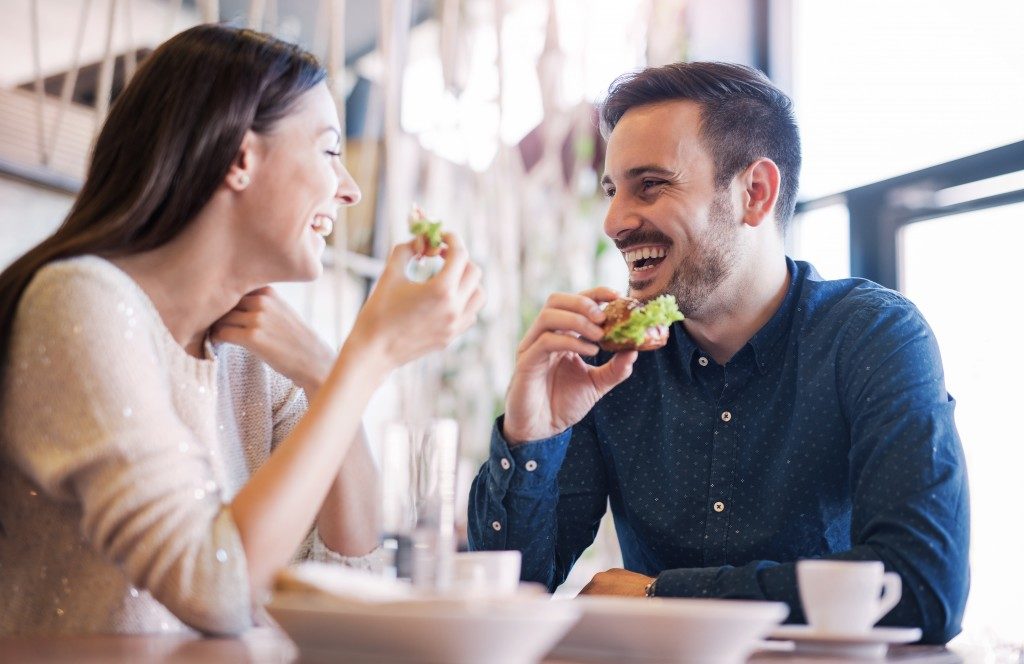A massive part of dining out is the excitement of trying out different and new cuisines. For individuals with allergies to certain foods, however, not knowing all the ingredients of a dish could be a huge problem.
Furthermore, most allergic reactions caused by food involve these culprits — peanuts, eggs, milk, soy, wheat, shellfish, fish, and tree nuts — which are all very common in restaurant dishes. So how can you dine out and make certain that you don’t end the day with a trip to the emergency room? Here are some basic guidelines.
1. Know exactly what’s in your food.
You need to be extremely careful and determine the ingredients in the food you want to order. Tell the waiter that you are allergic to specific foods so that he can help you narrow down which dishes on the menu will be safe for you to eat. Once you have chosen a dish, double-check with the waiter to make certain that it’s free of allergens.
2. Create a plan with help from your allergist.
Speak to your allergist in Orem about precautions you should take when eating out. Depending on the severity of your allergy and the specific allergen, your allergist could offer valuable advice on particular questions you should ask and the kinds of restaurants you must ideally avoid.

3. Ask how the food is prepared in the restaurant.
More specifically, ask if there’s a possibility that the utensils, cookware, and cutting surface they used for preparing your food could’ve come into contact with your specific allergen.
4. Resist the urge to eat in buffets.
Because these kinds of restaurants offer a wide variety of foods, it could be difficult to ascertain the prepping and cooking practices. Note that some individuals with very strong allergies could experience an attack just from eating something with traces of the food he or she’s allergic to.
If you’re allergic to seafood, refrain from eating in restaurants that specialize in seafood even if they have other food on the menu since there’s a chance that all the food they serve may have traces of shellfish.
5. Come fully prepared.
Being prepared in this case means always bringing your epinephrine auto-injector (if applicable) with you whenever you dine out. You should likewise wear some kind of medical identification for your allergies, such as a bracelet or some other form of jewelry.

6. Talk to the people preparing your food.
In the event that the waiter isn’t 100% confident and certain of his answers, or you’re not convinced that he’s giving you accurate details, better to speak to the people in the kitchen. They are, after all the ones who will be prepping and actually cooking your order.
7. Go to another restaurant.
Put simply, some food establishments are just better and more prepared to accommodate diners with food allergies.
When you have a food allergy, it’s best to always stay vigilant because as you know, prevention is key. Having an action plan in place and what you should avoid could make eating out a real pleasurable and stress-free experience.



